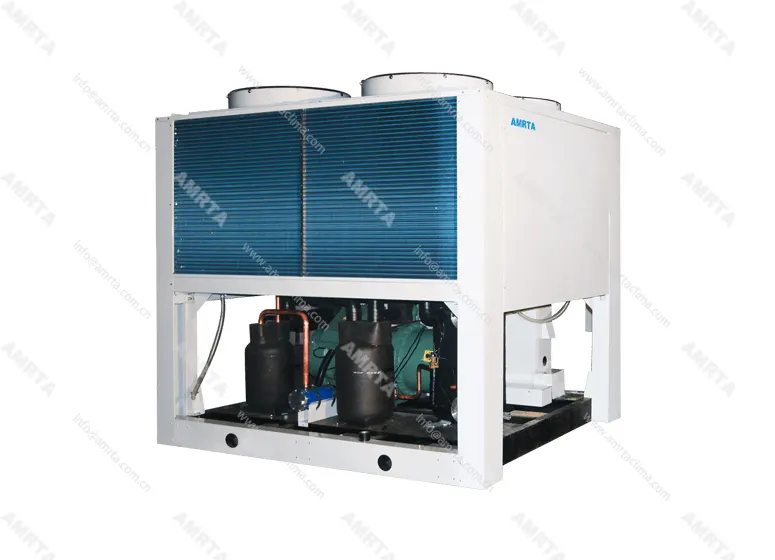When buying a chiller for an industry, it’s important to consider several factors, including:
Cooling Capacity: The cooling capacity of the chiller is one of the most important factors to consider. The cooling capacity should be matched to the specific needs of the industry, taking into account the size of the space to be cooled and the type of equipment that will be cooled.
Energy Efficiency: Energy efficiency is another important factor to consider. Look for a chiller that has a high Energy Efficiency Ratio (EER) or Seasonal Energy Efficiency Ratio (SEER) rating. A more energy-efficient chiller can help to reduce energy costs and lower environmental impact.
Type of Chiller: There are several types of chillers available, including air-cooled and water-cooled chillers. Consider the advantages and disadvantages of each type and choose the one that best fits the specific needs of the industry.
Maintenance Requirements: Consider the maintenance requirements of the chiller, including how often it needs to be serviced and what kind of maintenance is required. Choose a chiller that is easy to maintain and has a reliable service network.
Warranty and Support: Look for a chiller that comes with a warranty and has a reliable support network. This can help to ensure that any issues with the chiller can be quickly and easily resolved.
By considering these factors when buying a chiller for an industry, you can choose a chiller that meets the specific needs of the industry, is energy-efficient, and has reliable support and maintenance options.
How can I determine the appropriate cooling capacity for my industry’s needs?
Determining the appropriate cooling capacity for your industry’s needs involves several factors, including the size of the space to be cooled and the specific cooling requirements of the equipment or processes involved.
Here are some steps that can help you determine the appropriate cooling capacity for your industry’s needs:
Calculate the Total Heat Load: The first step is to determine the total heat load that needs to be cooled. This can be calculated by adding up the heat generated by all the equipment or processes that need to be cooled. Industrial Chillers manufacturers The heat load is typically measured in BTUs (British Thermal Units) or tons of refrigeration.
Determine the Temperature Differential: The temperature differential is the difference between the desired temperature and the average temperature of the space being cooled. This can vary depending on the specific cooling requirements of the equipment or processes involved.
Calculate the Required Cooling Capacity: Once you have determined the total heat load and temperature differential, you can calculate the required cooling capacity. This can be done using a formula that takes into account the specific heat of the materials being cooled, the flow rate of the cooling medium, and the temperature differential.
Consider Other Factors: Other factors that can impact the required cooling capacity include the ambient temperature and humidity, the size and layout of the space to be cooled, and any insulation or ventilation requirements.
Consult with an Expert: If you are unsure about how to calculate the appropriate cooling capacity for your industry’s needs, it’s a good idea to consult with an expert. A professional HVAC contractor or chiller manufacturer can help you determine the appropriate cooling capacity based on your specific needs and requirements.
By following these steps and considering all the relevant factors, you can determine the appropriate cooling capacity for your industry’s needs and choose a chiller that meets those requirements.
